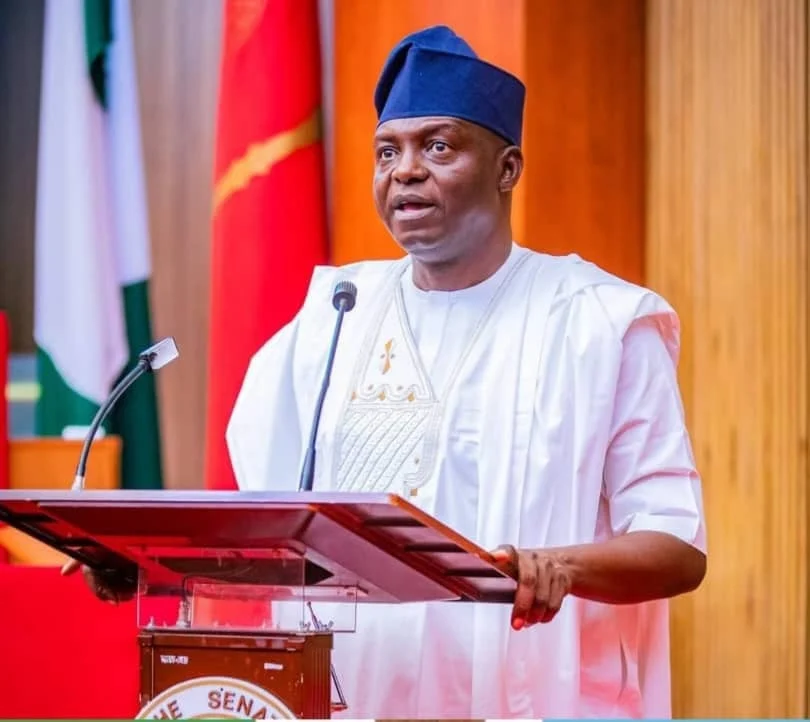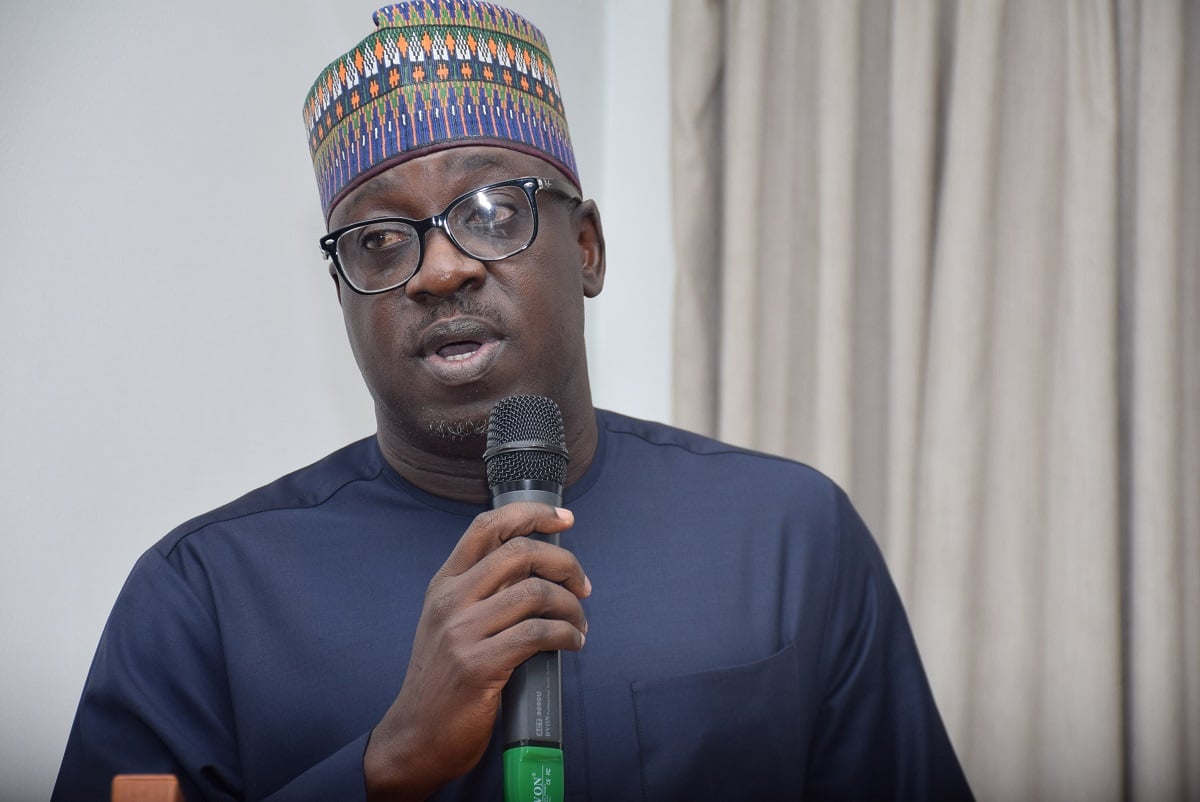The Federal Government of Nigeria is making a renewed push to implement the National Single Window. This is a comprehensive digital platform aimed at streamlining international trade, boosting revenue collection, and enhancing transparency at the country’s ports.
The move, championed by President Bola Ahmed Tinubu’s administration, is seen as a pivotal step toward modernising Nigeria’s trade infrastructure and tackling chronic inefficiencies and leakages in customs revenue. But what exactly is the National Single Window, and what does it mean for the Nigerian economy?
What Is the National Single Window?
The National Single Window is an integrated digital system that allows traders, government agencies, and port authorities to process documentation and payments for imports and exports through a single entry point. It eliminates duplication, reduces paperwork, and improves the speed and integrity of trade transactions.
For a country like Nigeria where manual bottlenecks, overlapping regulations, and informal trade practices have long impeded the ease of doing business, the system promises to transform customs operations and trade facilitation.
Why It Matters: The Fiscal Angle
Speaking on Monday before the National Assembly Joint Committee on Customs and Tariffs, Minister of Finance and Coordinating Minister of the Economy, Wale Edun, explained that Nigeria’s customs revenue remains a vital component of national income.
“Customs revenue is significant and remains a major contributor to the Federation Account for the benefit of both the federal and state governments,” he said. “We are working towards achieving higher revenue through more efficient processes and by blocking loopholes and leakages.”
The Single Window system is intended to achieve precisely that. This is by removing human discretion, reducing opportunities for rent-seeking, and creating a real-time digital trail of all import-export processes.
Nigeria has struggled with systemic corruption and under-reporting in its trade system. Port delays, excessive bureaucracy, and a reliance on manual processes have contributed to lost revenue and investor hesitation. By digitising trade procedures and allowing interoperability between agencies, the Single Window aims to:
- Plug revenue leakages at ports and borders
- Cut clearance times for cargo
- Improve Nigeria’s ranking on global trade and logistics indices
- Build confidence among investors and international trading partners
Beyond Trade: Dealing with Economic Distortions
Minister Edun also addressed the broader economic context in which this reform is taking place. Following the removal of fuel subsidies and the shift to a market-driven foreign exchange system, Nigeria’s economy is undergoing structural adjustments.
The minister noted that price equalisation remains the government’s approach to cushioning market volatility and maintaining fair competition. He further acknowledged that significant distortions remain in trade settlement systems, particularly the large volume of informal and unrecorded transactions that bypass formal payment channels.
“Many of our trade transactions are conducted outside formal channels,” Edun said. “We are working on reforms that will improve the system, including the possibility of settling imports and even crude oil sales in naira.”
This is a significant development. If successful, it would not only reduce Nigeria’s over-reliance on foreign exchange for trade but also give the naira more relevance in cross-border transactions, a key goal in bolstering monetary sovereignty.
Another issue raised by the minister is the rise of youth-led digital payment ecosystems that operate beyond the reach of traditional regulators. While these platforms drive financial inclusion and innovation, they also pose challenges in terms of oversight, taxation, and data integrity.
The government’s plan to formalise and regulate digital payment channels is closely linked to the Single Window initiative. Integrating fintech activities into the broader financial infrastructure could enhance transparency and tax compliance, while still encouraging growth in Nigeria’s fast-evolving digital economy.
The implementation of the National Single Window is a fundamental economic reform. It has the potential to significantly improve Nigeria’s trade competitiveness, curb revenue leakages, and support ongoing macroeconomic stabilisation efforts.
However, its success will depend on effective inter-agency collaboration, political will, and the deployment of robust digital infrastructure. It must also be accompanied by broader institutional reforms, including customs modernisation, trade policy clarity, and support for local industries.
For Nigeria, the stakes are high and so is the potential reward.












